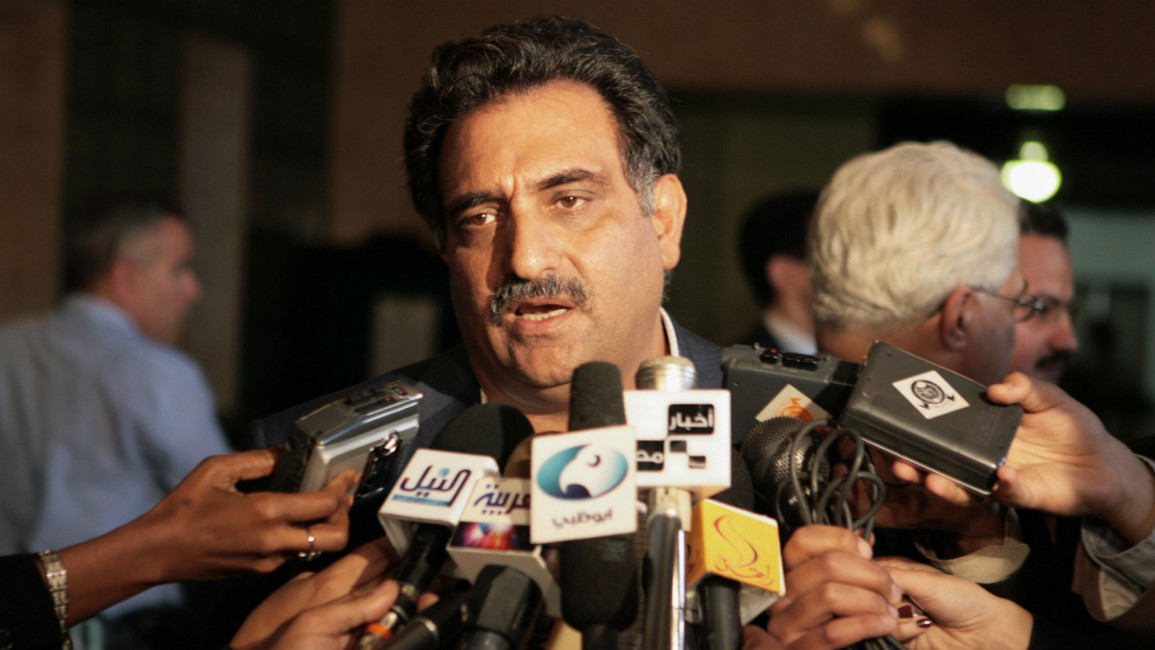
On the attack against Azmi Bishara and the Arab Centre
It is unsurprising to find the Centre caught in the middle of a conflict reflecting the events happening in the wider Middle East as the region finds itself caught between two trends.
The first, a civilian democracy, finds the Centre paving the way for such a change on the intellectual front, pioneering research and asking the right revolutionary questions.
This camp believes that oppression and tyranny are the root cause of all ills in the Arab world, and that the only promise of a renaissance comes with democratic change. Democracy will revive the Arab nation, restore its dignity and unleash its energies, and at its helm we look to the youth for change. Palestine was - and remains - the primary concern of all Arabs, in a fundamental belief that tyranny and occupation are two faces of the same coin.
The opposing trend is "the brotherhood of tyranny" - the Arab status quo with its ruling autocrats and an intellectual elite who look down on the masses with condescension. They are unable to rule without force; an anti-democratic trend that rejects all political change, is terrified of revolutions and any gathering of the masses.
 |
When the Arab Spring revolutions happened, this camp found themselves pitted against the people, and fought to remain at the top |  |
This brotherhood may claim to be liberal but lacks any real substance. It adopts some principles of social liberalism, relies on the free market, but opposes political liberalism and defends the ideas of regional conservative autocrats.
When the Arab Spring revolutions happened, this camp found themselves pitted against the people, and fought to remain at the top, preserving their status quo with their privilege and riches.
Being contradictory in nature, it's only natural for the two camps to find themselves at odds with regards to the future of the Arab world, its developmental and political model, and its cultural and civilisational identity.
The brotherhood of tyranny could fall back only on defamation and personal attacks, and, while shocking, are unsurprising, as they find themselves in an existential fight for survival.
 |
These pillars of the press... their very ethos dictates that they should side with, not against, the Arab Centre |  |
What is surprising, however, is when prestigious Western institutions such as AFP and BBC take similar stances, attacking the Arab centre and its intellectual endeavours, to blur and distort the role it seeks to play in the Arab world.
These pillars of the press are considered to be at the forefront of fighting for freedom of expression and thought, of political pluralism and democracy - their very ethos dictates that they should side with, not against, the Arab Centre, which shares similar values.
To try explain this oddity, one finds oneself faced with two possibilities. The first is that the brotherhood of tyranny has infiltrated these prestigious Western institutions through marginal journalists with their own agendas. The other possibility is that these institutions have chosen to adopt ideas and visions similar to that regressive camp, viewing the Arab people as undeserving of democracy - that, under the guise of "stability", autocratic regimes are needed.
This view, where organisations have become fans of despotism and glorify tyrants, if true, is a major regression, and a step back into the mindset of colonialism.
To give them the benefit of the doubt, we lean towards the first scenario. With their history of defending rights and democracy, these press institutions must take immediate steps to restore their reputation, because the second scenario, if proven, would be catastrophic.
Not only would this be a revival of racist establishment policies, but a serious withdrawal of liberal values - indicative of a growing admiration for the West for authoritarian modernity.
Azmi Bishara is a prominent Arab academic and intellectual. He has founded numerous institutions in the region including the leading Arab think tank the Arab Centre for Research and Policy Studies, the Doha Institute as well as the Alaraby Aljadeed group of media organisations (to which this publication belongs).



